
On Tyranny: Twenty Lessons From The Twentieth Century
Timothy Snyder
I don’t believe I have written a book report since I was a freshman in college. This is a small book that I believe is well worth your time to read. I mean small book quite literally. It’s about 4 1/2 inches by 6 1/2 inches and only about 126 pages of fairly wide spaced text. You can read the entire book in an afternoon and still have time left over. The book is also available as an audiobook, and it’s combined with Twenty New Lessons From Russia’s War On Ukraine. I got the audio book and listened to it as well. That will take about eight hours to complete.
I’m calling this a book report rather than a book review because I want to tell you what’s in the book rather than what I think about it so that you can form your own opinion. First, I’ll give you an overall impression. It’s thought provoking and raises issues of concern to us today. You may not agree with it. I don’t agree with everything that he said. I found some of his 20 lessons to be redundant because I thought he was stretching to get 20 lessons for the 20th century. I also found one or two of them to be painfully obvious. What follows is just a summary of the book. Read it and e-mail me or call me if you’d like to discuss it. I will send the book to the first person who asks for it, but only if you promise to pass it on when you’re finished.
Doctor Snyder is a professor of history at Yale University. He specializes in Central and Eastern Europe and has spent considerable time in Ukraine. He’s the author of 15 books and reads five European languages and can converse in ten.
Preface
The book begins with a preface in which Doctor Snyder establishes the importance of historical awareness. He describes the failure of some 20th century European democracies and their descent into authoritarian rule. He uses these examples to illustrate how democracy cannot be taken for granted. He makes the argument that democracy is fragile and must be defended. He further argues that even in the United States, the continuation of our democracy is not a given and we must fight for freedom and maintain constant vigilance over our democratic processes.
Each of his twenty lessons is contained in a separate chapter, varying from a few pages to a single sentence.
The Twenty Lessons
- Do Not Obey In Advance: Many authoritarian regimes have achieved their power from the people’s willingness to conform without being forced. Do not comply with unjust policies that are not being actively enforced.
- Defend Institutions: Democratic institutions such as courts, the press, and unions are an important part of a free society. We must support and defend them against attacks and subversion.
- Beware The One-Party State: A multiparty system is crucial for the survival of liberty. The rise of a one-party system often precedes the decline of democratic government.
- Take Responsibility For The Face Of The World: The use of symbols in public spaces matters. Authoritarian regimes can shape public perceptions by co-opting national symbols and using them to create division rather than unity. Be vigilant for and challenge symbols of hate and remove these symbols from our public spaces.
- Remember Professional Ethics: Professionals, especially those in law, medicine, education and government service must uphold ethical standards, even when pressured to conform to the aims of authoritarian regimes. Their integrity is vital for maintaining democracy.
- Be Wary of Paramilitaries: Resist the rise of unofficial armed groups that support authoritarian figures. Such groups may eventually take the place of the legally constituted police and military services. “When the men with guns who have always claimed to be against the system start wearing uniforms and marching with torches and pictures of a leader, the end is nigh. When the pro-leader paramilitary and official police and military intermingle, the end has come.”
- Be Reflective If You Must Be Armed: If you are part of law enforcement or the military, refuse to participate in unjust actions or repressions of the population. Ensure that those who bear arms do so with a deep sense of responsibility and ethics and a great regard for the value of democracy.
- Stand Out: Authoritarian regimes thrive on compliance. Demonstrate opposition publicly and show visible descent and encourage others to show resistance whenever possible.
- Be Kind To Our Language: Be precise in your use of language and avoid repeating the phrases made popular by authoritarian leaders. Independent thinking is facilitated by the careful use of language. Manipulation of language is a powerful tool for the control of the population.
- Believe In Truth: Truth is the linchpin of justice and democracy. Uphold and defend objective truths. Reject the false narratives or “big lies” spread by authoritarian regimes. Make every attempt to shed light on their falsehoods regardless of how often or loudly they proclaim them.
- Investigate: Seek out reliable sources of information. Support independent journalism. Identify, evaluate and encourage trusted sources. Do not accept any claims by the authoritarian regime without your personal verification. Remember critical thinking is important to resisting manipulation.
- Make Eye Contact and Small Talk: Build personal connections within the community to foster solidarity and resilience. Visible civic involvement demonstrates unity and a commitment to democratic principles.
- Practice Corporal Politics: Participate in protests, marches, and public events. Physically demonstrating support and civic engagement shows a strong commitment to democratic principles.
- Establish A Private Life: Protecting your privacy from surveillance is essential. Authoritarian regimes often invade personal spaces to control and manipulate individuals.
- Contribute To Good Causes: Support organizations and causes that defend democracy and human rights. Both financial and moral support will strengthen resistance.
- Learn From Peers In Other Countries: Understand how some nations have succumbed to authoritarianism while other nations have resisted it. Learn from their experiences and strategies.
- Listen for Dangerous Words: Be alert to the use of language that demonizes opponents or glorifies violence. Such rhetoric often precedes more severe actions against targeted groups. Be sensitive to efforts to convert the population to harmful ideologies through repeated derogatory speech.
- Be Calm When The Unthinkable Arrives: Stay composed in moments of crisis and resist the urge to act impulsively. Authoritarian leaders often attempt to exploit chaos to seize power. Be alert for such attempts and be ready to counter them.
- Be A Patriot: True patriotism involves defending democratic values and principles, not blind loyalty to a leader or party. Waving flags and shouting slogans is not patriotism. Defending democracy is the true mark of a patriot.
- Be As Courageous As You Can: “If none of us is prepared to die for freedom, then all of us will die under tyranny.” (That is the total of this lesson; perhaps the most important one of all.)
Epilogue
The book concludes with an epilogue entitled History and Liberty. In the epilogue Doctor Snyder discusses his theories of the Politics of Inevitability and the Politics of Eternity.
The Politics of Inevitability is the belief that history naturally progresses in a linear forward direction typically towards a better future. It assumes that liberal democracy and capitalism will inevitably spread across the world leading to a more prosperous and freer global system. Human forces are seen as predictable and human activity is often downplayed. People who live under the politics of inevitability tend to believe that the current state of affairs will persist because it represents the end point of political and economic evolution.
The Politics of Eternity, on the other hand, rejects the linear progression of history and emphasizes a cyclical view. It supposes that nations are perpetually threatened by external forces. It glorifies a supposed golden age of the past that is idealized and mythologized. It views current politics as a struggle to return to that idealized past.
I found his discussions to be more theoretical than practical. I can see aspects of both in most current societies. I invite you to please read this and I would love to discuss it. I may be missing something in his presentation of inevitability and eternity.
In Conclusion
If you are concerned about the survival of democracy, read this book.




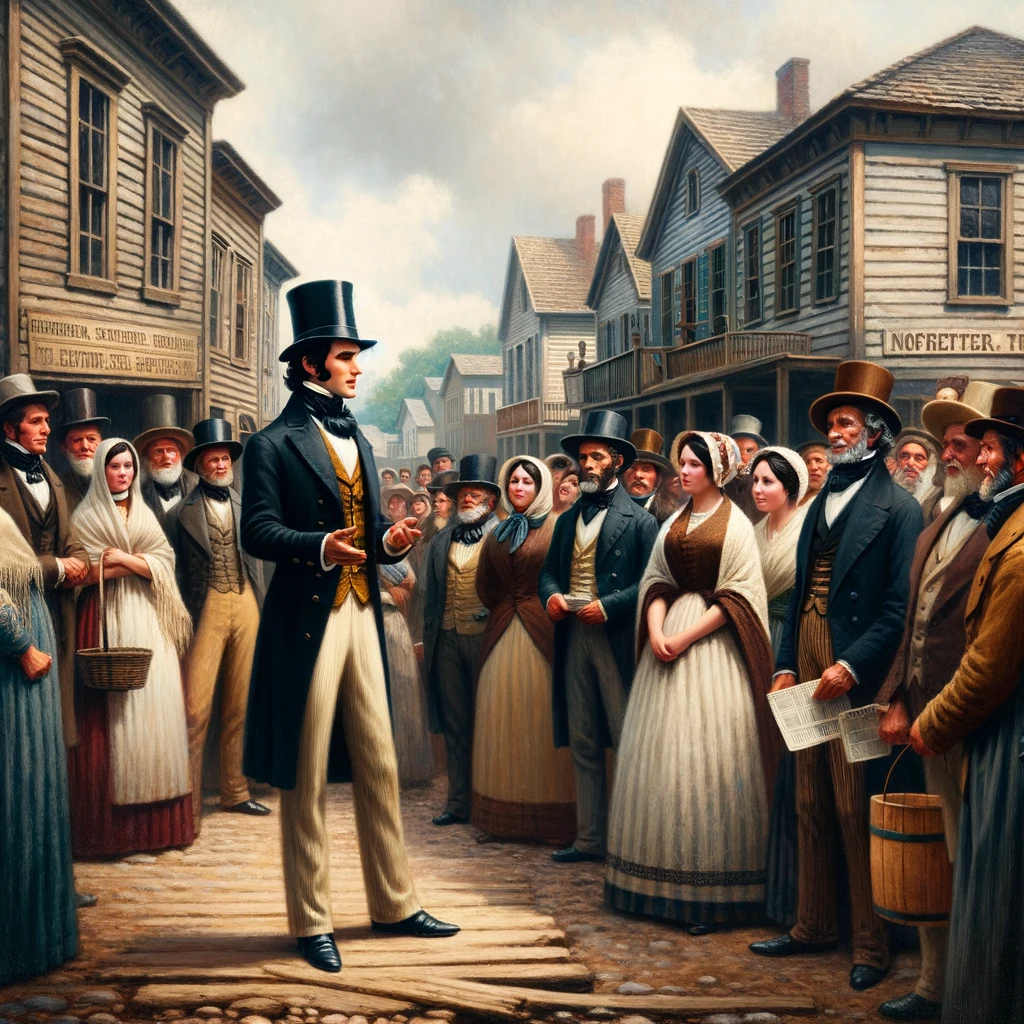









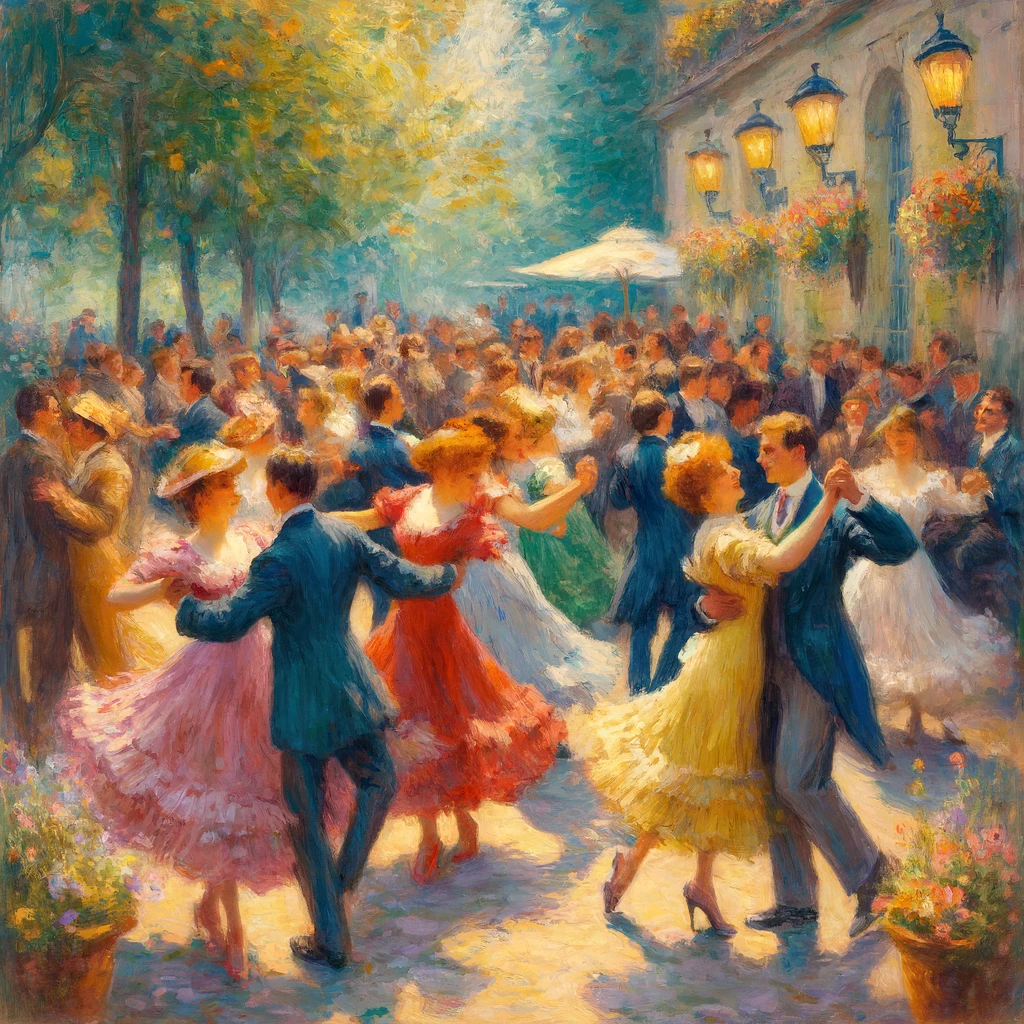

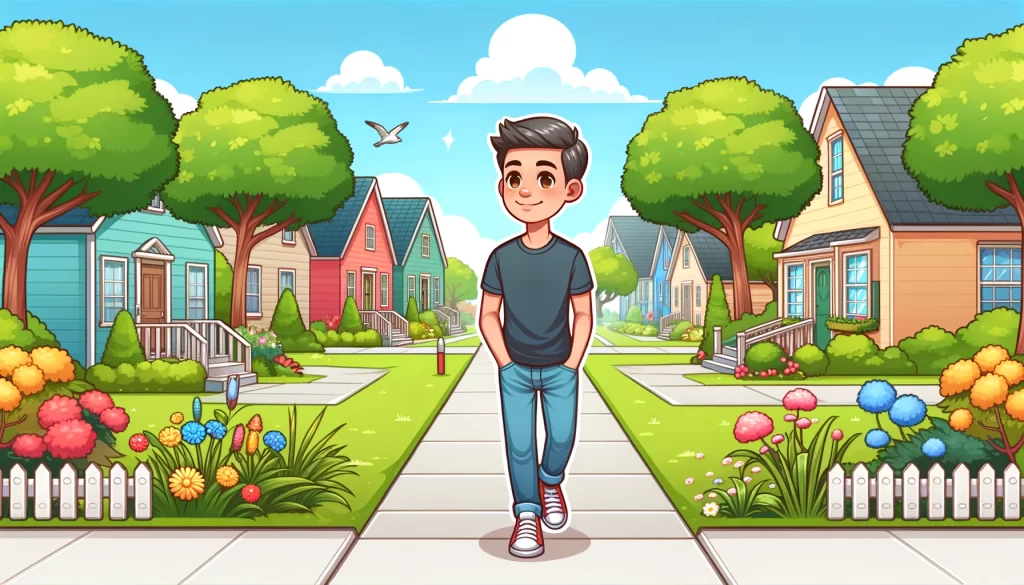
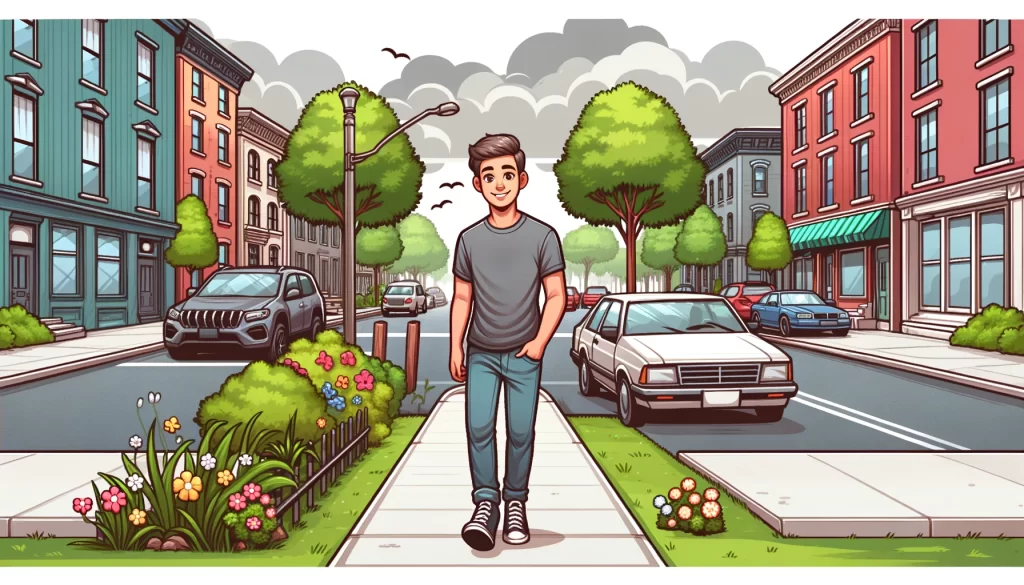
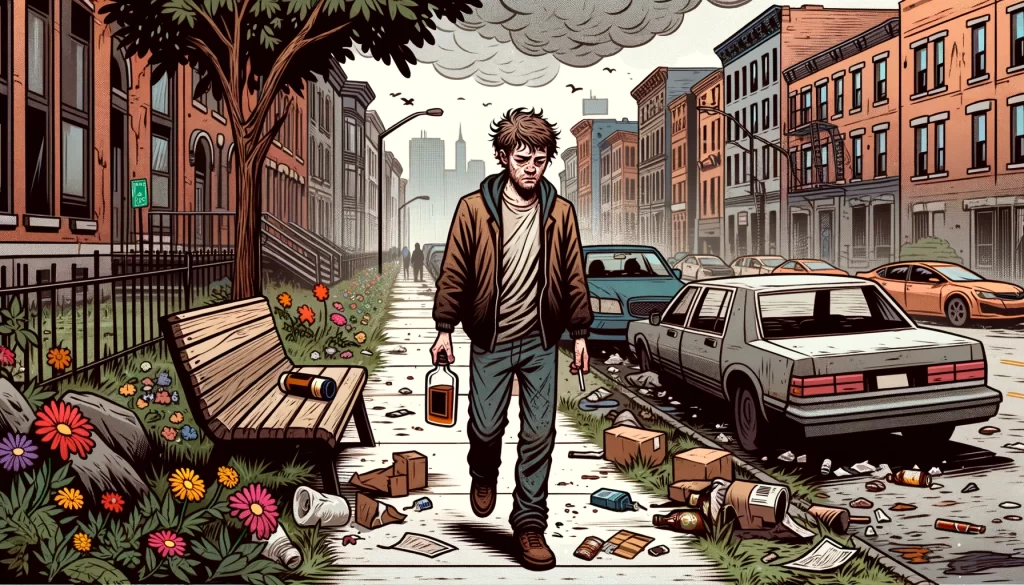




The Pot Predicament
By John Turley
On September 13, 2024
In Commentary, Politics
Recently, the Charleston City Council passed a bill to reduce the penalties for the possession of marijuana for personal use. This started me thinking about marijuana and its long intertwining with my generation. I first became aware of marijuana in my early teenage years, more than sixty years ago. At that time, possession of marijuana for personal use was a crime, as it still is in much of the country now, and it remains a federal crime. Soon after I became conscious of the whole thing, marijuana was incorporated into President Nixon’s war on drugs.
This is a war which sadly we continue to lose. This doesn’t stop us from pouring resources into a part of that war that doesn’t need to be fought. For as long as I can remember, we have continued to prosecute and imprison people who possess marijuana for their own use. I’m not going to discuss possession of marijuana for distribution, that’s a separate problem, one I think will take care of itself if we properly address marijuana for personal use.
Laws against personal use of marijuana remind me much of the failed experiment of prohibition. If people want something enough, they will find it regardless of what the law says. Most of the people imprisoned for personal possession of marijuana represented little or no threat to society as a whole and no one benefited from their imprisonment.
I know the arguments for and against. The health arguments on the pro side say it relieves glaucoma, chronic pain and anxiety. On the con side, there are arguments saying that it is addictive, it can cause cognitive delay and accelerate the development of psychosis. There have been many arguments surrounding marijuana as a gateway drug. I haven’t seen any convincing evidence that restricting personal use of marijuana makes any difference in use of other drugs. The only exception may be those cases where people become hooked on fentanyl or heroin that has been used to lace their marijuana.
My argument against laws criminalizing personal use is that they don’t work. We have spent millions, perhaps billions, of dollars and hundreds of thousands of law enforcement hours to enforce laws that in the long run have no real benefit.
I think it would make better sense to legalize marijuana for personal use. That way, like the alcohol and tobacco industries, it can be regulated with inspections and oversight activities. Customers would know it had not been contaminated with other dangerous drugs. It could also be taxed and distributed through businesses that would benefit from legitimate sale. The tax revenue could be used to fund drug treatment plans for our serious opioid crisis. That is the one war on drugs that we must win but in which we continue to fall further behind. Redirecting funds from marijuana enforcement to opioid treatment and enforcement will help save lives.
If personal use of marijuana is legalized, criminal distribution will rapidly fall away as there will be no profit. The street corner pot dealer will become a historical footnote, much like the prohibition era bootlegger.
I know some of you are thinking I must be an old hippie sitting around my living room smoking a joint and listening to the Grateful Dead. Even though I came of age in the Age of Aquarius, I’ve never tried marijuana and have no plans to do so whether it’s legalized or not. I have no objection to it, it’s just that as a younger man I preferred beer, as I got older, I migrated to wine and martinis, and now I’m too old to change.
The bottom line is this: we live in an age of limited resources, and we need to decide how we are going to utilize those resources. I would like to see us take those financial and human resources and utilize them to address the opioid and methamphetamine crises. We are currently wasting too many of these precious resources trying to enforce unnecessary and ultimately unenforceable laws against personal possession and use of marijuana. If we legalize personal possession, we will reduce crime and all but eliminate the illegal trafficking in marijuana.
That is my grumpy opinion.